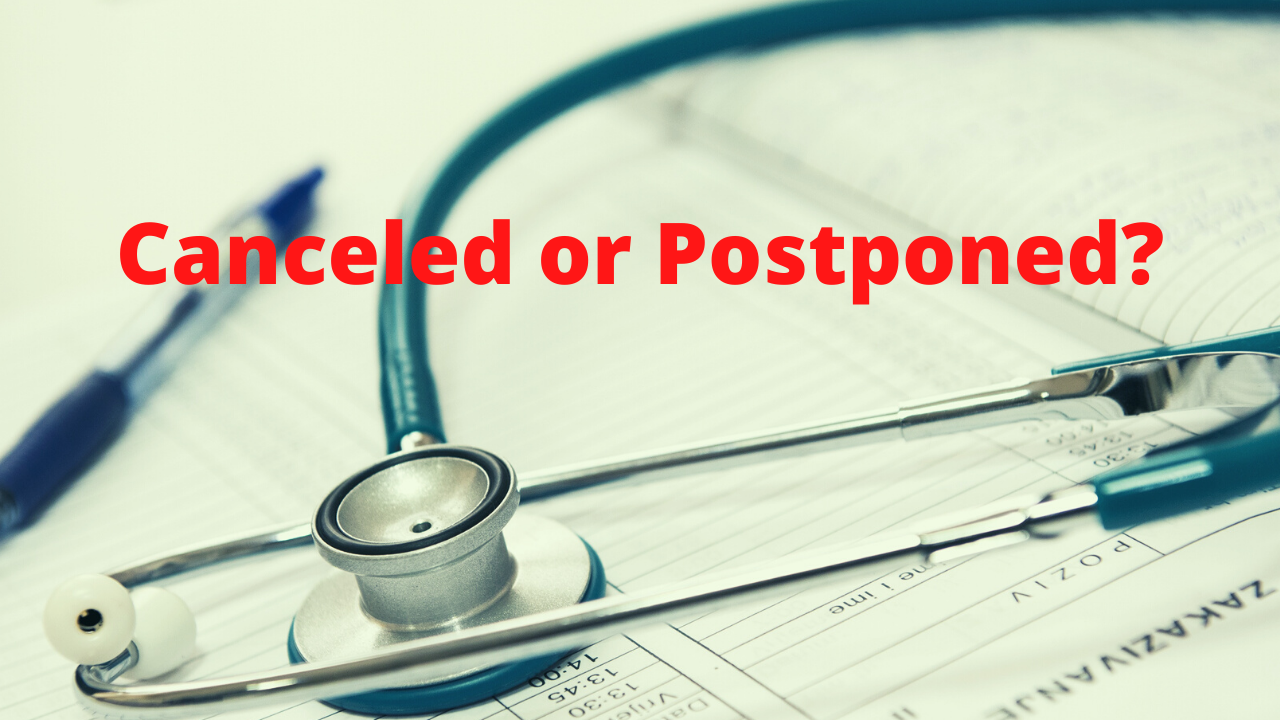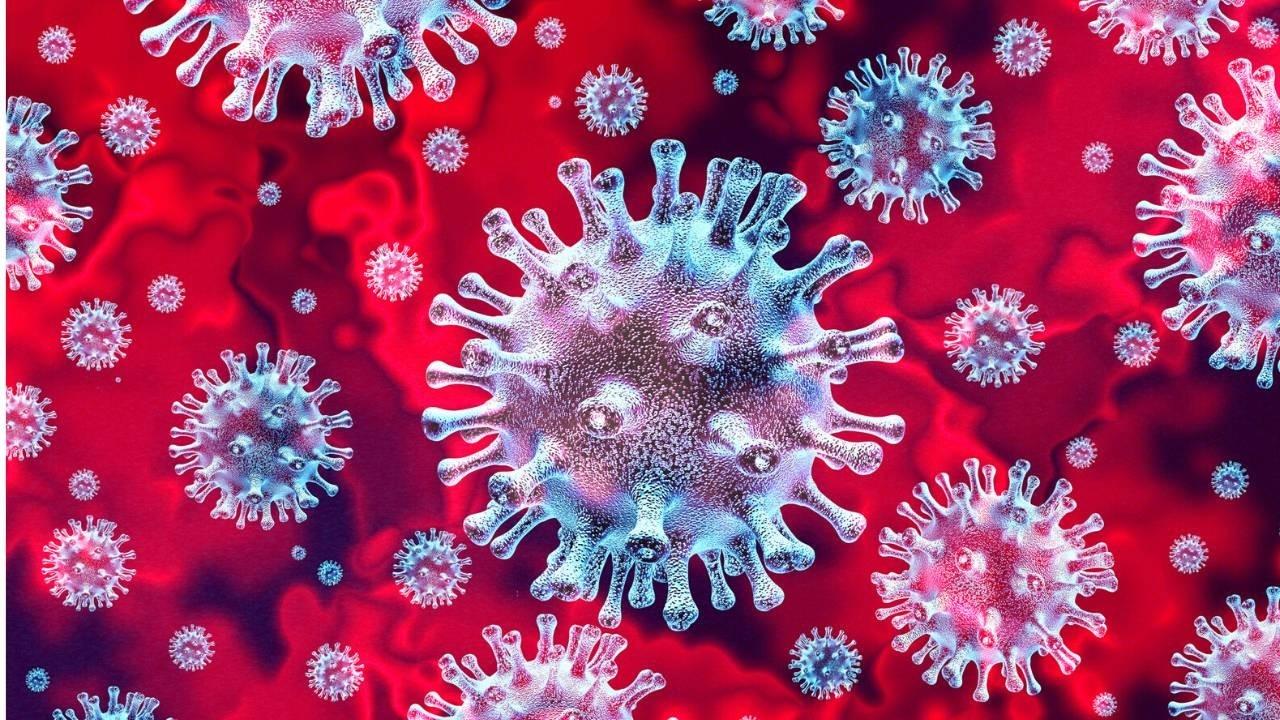Preparing for a Hospital Admission with Rare Disease during COVID-19 Pandemic

The situation in our hospitals is getting more chaotic so managing and advocating for rare disease care is even more challenging. A hospital is a challenging place for a rare disease patient at any time but the 'no visitor' rule has complicated communication and the ability for a loved one to help advocate for your care.
Home Monitoring or ER? Updated Anaphylaxis Recommendations

Have you heard about the new anaphylaxis management algorithm?
If you or someone you love has had anaphylaxis that required an epi-pen, it is likely that you were told to call 911 and immediately go to the ER for observation.
Last week, FARE updated their recommendations to include COVID-19 into the risk/benefit balance of monitoring at home vs. an ER visit. This is especially important in areas where ERs are swamped with COVID-19 patients although most ERs have new procedures to screen for COVID-19 when getting checked in along with a focus on minimized time spent with any patient to lessen risk of transmission.
As you can imagine, these new recommendations have caused a bit of controversy and concern in the food allergy and mast cell disease world.
Let’s take a closer look at the new recommendations and why they are being made.
Dr. Thomas B. Casale, the chief medical advisor for operations with FARE (Food Allery Research & Education) and professor of medicine and p...
Top 10 Reasons Rare Disease Patients are Pandemic Pros

Rare Disease Patients are...
-
Pros at limiting infection and cross-contamination, sporting facemasks, washing hands, and effective cleaning
-
Experienced at social isolation including homeschooling, and other creative options, work from home solutions and, finding support online
-
Used to handling emergencies, monitoring symptoms at home, and employ multiple rehydration techniques
-
Familiar with doing research by reading research articles, crowdsourcing ideas, and resources
-
Practiced at treasure hunting food, supplies, meds and necessities (TP anyone?)
-
Stocked with medical equipment and supplies to rival a medical supply company (BP cuff, pulse ox, electrolytes, etc)
-
Blessed with Mad MacGyver skills to adapt and figure things out.
-
Experts at knowing our own bodies, symptoms, medical history, meds, and what we need
- Ph.D.s in dealing with red-tape and bureaucracy
-
Resilient, used to living with uncertainty, the unknown and finding meaning in...
Uncharted Territory - Doctor's Appointments in the time of COVID-19

Getting rare disease care has never been easy but with the coronavirus outbreak, it has become even harder. Clinics are closing, surgeries are being rescheduled and long-awaited appointments are being postponed.
Many of you may have had things canceled or postponed. As disappointing as this is, it is important to realize that this is being done to help our medical system handle the coronavirus outbreak from a logistic point while also trying to optimize your safety as well.
Your doctor, their clinic and/or hospital will be following recommendations by the CDC (Center for Disease Control) and ACS (American College of Surgeons) along with careful consideration of your specific medical case to decide what can and should be rescheduled.
Our doctors were struggling to survive in a broken medical system before but now they are entering the totally unchartered territory of providing medical care during a pandemic. The medical system is being stressed beyond anything that it ha...
3 Ways for Rare Disease Patients to Prepare for Coronavirus

Depending on where you live, how much you follow the news and your general personality type, you may or may not be concerned about COVID-19. Panicking doesn't help anyone but being prepared may help and certainly won't hurt.
There are a lot of general recommendations out there but here are several specific ways that you can prepare as a rare disease patient.
1. Get extra prescription and OTC meds to have on hand.
- There is the potential for drug shortages based on the amount of medication we import that gets produced in India with ingredients coming from China. As reported in The Wall Street Journal If Coronavirus-Stricken China Can’t Export Medicine, the World Is in Trouble, "China is the source of a large percentage of basic drug ingredients." Most drug manufacturers keep a 2-3 month supply on hand so hopefully, the Chinese factories will be back online before it becomes a big issue. But, given that rare disease patients take quite a few medications and that they often need...


